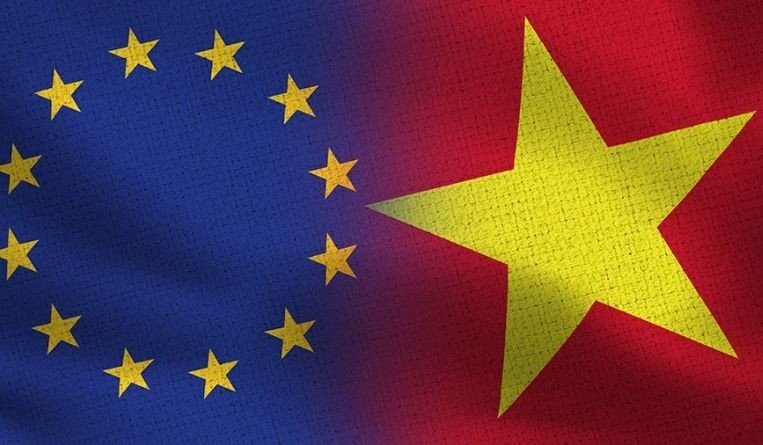With ratification of the EVFTA, Vietnam is determined to enhance its IP regulations
15 June 2020
 Image credits: Vietnam Briefing
Image credits: Vietnam Briefing
Following the ratification of the EU-Vietnam Free Trade Agreement by the European Parliament on February 12, 2020, Vietnam’s National Assembly, on June 8, ratified the EVFTA. Manh Hung Tran, a partner at Baker McKenzie in Hanoi, explains how the FTA is likely to affect Vietnam's intellectual property laws.
Copyrights
Vietnam, as a contracting party of the EVFTA, will accede to the following international treaties within three years from the date of entry into force of the EVFTA (likely to be in the beginning of August 2020): (a) the WIPO Copyright Treaty, adopted in Geneva on December 20, 1996; and (b) the WIPO Performances and Phonograms Treaty, adopted in Geneva on December 20, 1996. “Both treaties are known together as the “Internet Treaties,” which establish norms preventing unauthorized access to and the use of creative works on the internet or other digital networks,” said Manh Hung Tran, a partner at Baker McKenzie in Hanoi. “Currently, Vietnam is finalizing the documents in preparation for joining the said treaties.”
Trademarks
The parties will apply the WIPO recommendation on the protection of well-known trademarks, which takes into consideration additional parameters that are not restricted exclusively to the mark’s degree of prominence among relevant consumers in a single country.
In addition, the parties agreed to clarify grounds for revocation, which also include the misleading use of a registered trademark and genericized trademark.
One of the notable trademark-related issues addressed in the EVFTA is the provision of “genuine use,” Tran said. “It can be expected that this concept will be incorporated into Vietnam’s IP law soon.”
Design
The parties are bound to provide for the protection of independently created industrial designs that are new and original, he said. “Accordingly, the EVFTA sets up a protection mechanism for both the appearance of the product as a whole, as well as the appearance of its separable or inseparable parts.”
Patents
Patent (pharmaceutical product) owners can enjoy an extension of patent protection in case of delays in marketing authorization procedures. “Particularly, each party should provide for an adequate and effective mechanism to compensate the patent owner for the reduction in the effective patent life resulting from unreasonable delays in the granting of the first marketing authorization,” he added. “Such compensation may be in the form of an extension of the duration of the rights conferred by patent protection.”
Geographical indications
As one of the central issues of the EU trade policy, the protection of GI is the highlight of the EVFTA’s IP chapter, he said. “The provisions, ranging from Article 12.23 to Article 12.33, acknowledge the reciprocal protection mechanism for over 169 EU GIs and 39 Vietnam GIs and stress the importance of the administrative system in enforcing GI rights.”
Enforcement
Recognizing the importance of IP enforcement in ensuring continual investment and preventing economic harm, the EVFTA’s “Enforcement” section contains strong and clear provisions that aim to improve the legal framework for the enforcement of IP at all levels.
“The section focuses on civil and border enforcement, for which it establishes an effective and efficient mechanism to optimize the attributes of these measures,” he added. “Further provisions on the liability of intermediary service providers are also provided in detail, which are expected to cause significant changes to Vietnam’s existing framework for enforcing IP on the virtual marketplace.”
Overall, the EVFTA stipulates higher standards of IP protection, he said. “As such, Vietnamese IP laws will have to be amended to be compatible with the EVFTA.”
Johnny Chan






